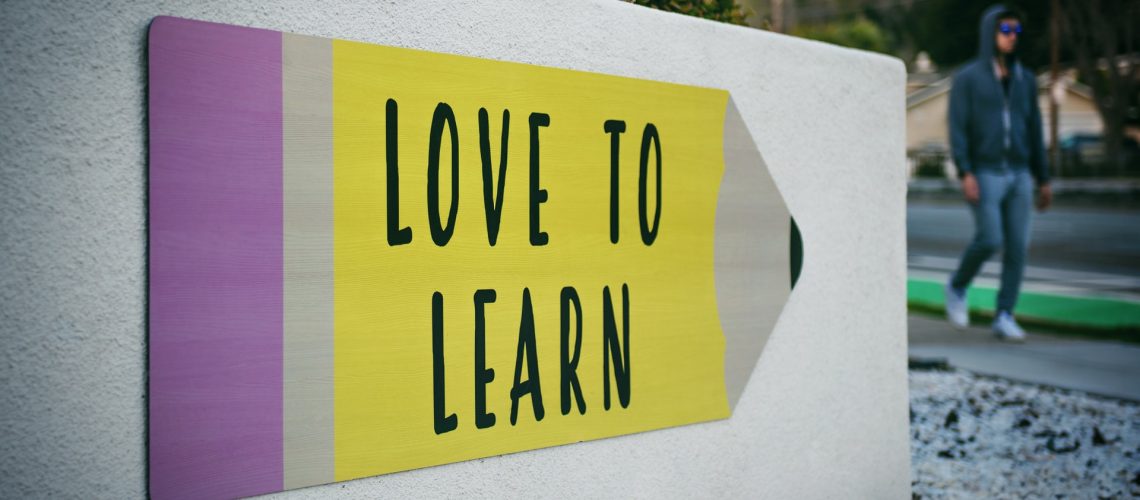More words of wisdom from Thomas Hanna, the smartest guy you never heard of. It’s such an obvious statement though right?
If you find something difficult you have not learned it yet. If you find something easy, you have clearly learned it well. Remember learning to drive? Difficult at first, but once learned, very easy. Now you can listen to music, chat with a passenger and navigate traffic as well as operate the vehicle. In fact the operating of the vehicle seems to happen automatically. It’s something that goes on in the background, you’re barely consciousness of it at all. If you started to think about it too much, you might even drive worse.
And so it is with everything we learn. What we intentionally learn transitions from perhaps seeming impossible, to difficult, to manageable, to easy, to automatic. For some reason though we tend not to apply this thinking to our movement. Even though you learned to walk! Without any help at all. Before you could even think!
We may look at a movement or activity and say, “I can’t do that”, or even worse “I’m too old to do that,” but what if we were to reframe it as, “I haven’t learned how to do that yet” or “I have forgotten how to do that”. That reframing changes everything. When you think about a particular movement as being either not yet learned or somehow forgotten, suddenly you have the possibility of learning or relearning.
Unfortunately we do tend to move less well as we age. But! This has very little to do with ageing and a lot to do with the fact that most of us do not intentionally practice or maintain our movement. So we forget, right? In Somatics we call this phenomenon Sensory Motor Amnesia (SMA). We have forgotten (there’s that word again) how to sense and move our muscles, and therefore our ‘selves’.
Anything that we learn has to be practiced in order to maintain that ability, whether that’s a language, playing a musical instrument, a skill like drawing, or even something more on the intellectual side of things, like doing algebra. If you don’t practice these things you will forget or lose the ability to do them, or at least do them well.
This is because those neural pathways that are not used regularly will atrophy and die away. Conversely, the brain will strengthen and consolidate pathways that are used regularly. In other words ‘Use it, or lose it’.
It’s unfortunate that a lot of the basic movement patterns we tend to lose, (either through lack of use or via stress, accidents and injuries) are the ones we need the most! The gross movements of the trunk and spine that are essential in order to walk freely and move well generally. Extension, flexion, side bending and rotation. These are the most fundamental movement patterns to do any activity or sport skilfully. If you have good Sensory awareness and Motor control of the muscles of your trunk and spine your general movement will likely be good and problems in the limbs much less likely .
Somatic Movements can help you learn or relearn how to move freely and comfortably, particularly as regards your trunk and spine. A Somatic Movement practice allows you to ‘Use it’ so you don’t ‘lose it’. Strengthening and consolidating those neural pathways associated with free and easy movement. When your Somatic Movement practice becomes easy and pleasurable your movement in general becomes easy and pleasurable. Then you inevitably want to move more. You might even feel inspired to take up an activity that you had abandoned, or learn a new sport or activity.
So when learning something new, think about in those terms, how can I make this seem easy? When it is easy it will become more enjoyable, when enjoyable you will want to do it more, and when you do it more you will strengthen those neural pathways even further, making it even easier!
You can start learning Somatic Movements right now over on the Learn Somatics YouTube Channel. Give it a try and see if you can learn your way from difficult to easy!
Featured photo by Tim Mossholder on Unsplash
